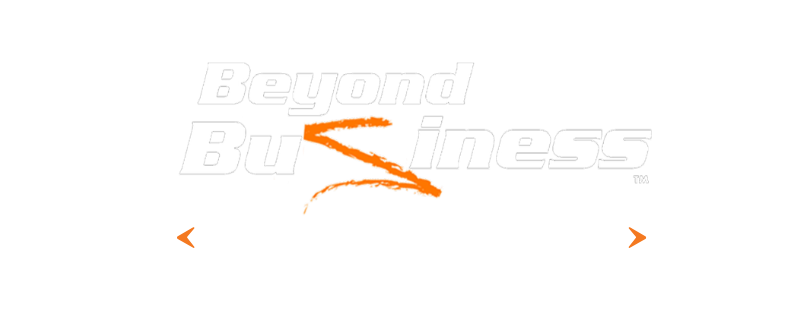“I have an idea for a new business, and I’m really excited about it. But I’m also worried that if I tell people about it, they might steal it. When’s the right time to tell people about my new business idea?”
First off, congrats! Identifying a bright business idea is a huge milestone, and the anticipation and excitement it creates is part of what makes becoming an entrepreneur so thrilling. Now the questions begin: Should you tell people about your business idea right away to get their feedback? Or is it better to wait because someone might steal it?
Start with an important truth: if anyone can steal your idea, it’s not creative enough. Projects worth pursuing are rare and valuable, often requiring a unique strength or specialization. If you’re so anxious about somebody stealing your idea, stop and ask yourself – why is it so easily copied? Then adjust your business plan accordingly.
Once your idea is ready, you don’t need to tell everybody at once. The best approach is to divide your network into groups, then share your idea in three phases:
Group 1: Strategic Contacts
These are the people you know can help you to achieve your goals. Ideally, they’re experienced founders, knowledgeable pros, or specialized experts you already know. These contacts have a critical skill, specific expertise, or key connection you want them to contribute. Your business might never get launched without them, so it’s essential to include them early.
But wait! Because these are the contacts who can help turn your idea into reality, they’re also the same people most likely to steal it. This is why a defensible idea is so important. But although these people are already seasoned pros, they also probably don’t have the time, interest, or capability to rip you off. And even if they do steal it, they would likely do the same thing after you’ve already invested your time and money to launch. With your strategic contacts, it’s best to share early and start now.
Best time to tell them: 4 months – 1 year before launch
Group 2: Close Friends & Family
This is more than a business decision. If you don’t tell your friends and family before you share it with everyone else, they’re likely to feel left out. Don’t be a jerk.
With this group, you don’t need to worry as much about your idea getting hijacked. Unless your uncle is Jeff Bezos, he’s not going to suddenly drop everything, abandon his career, and sink his savings into beating you to market. Plus, these are the supporters who might be willing to open up their network (or checkbook!) to help you succeed. You never know when a secret ally is ready to help.
Here, the greater risk is your business flopping and making you look foolish. But as pro boxer Ed Latimore once said, “Embarrassment is the cost of entry.” Looking a little silly at the start of any new attempt is inevitable, and a small price to pay for kindness and future success.
Best time to tell them: 1-3 months before launch
Group 3: Broader Community
These include your Facebook friends, people at your cousin’s birthday party, and that guy you went to high school with who made a bunch of money trading bitcoin and/or real estate. “You never know who might be able to help!” you might think. But those types of serendipitous, useful connections almost always come from friends and family, not near-strangers.
Don’t be fooled: almost everyone in this group will sound excited about your idea, if only because they’re polite and want to avoid crushing your hopes and dreams. But they usually don’t know you well enough to stick their neck out to contribute in a meaningful way. Instead, generate excitement by making these the first people you tell after launch. These auxiliary connections can often become early, loud, and fervent advocates for your new business.
Best time to tell them: Immediately after launch
Bottom line: When sharing your new business idea, divide your network into three groups. Then be smart, strategic, and systematic about your approach. Soon, people will be eager and nervous to share their new ideas with you!
Adapted from the upcoming book, The Entrepreneur in You →

